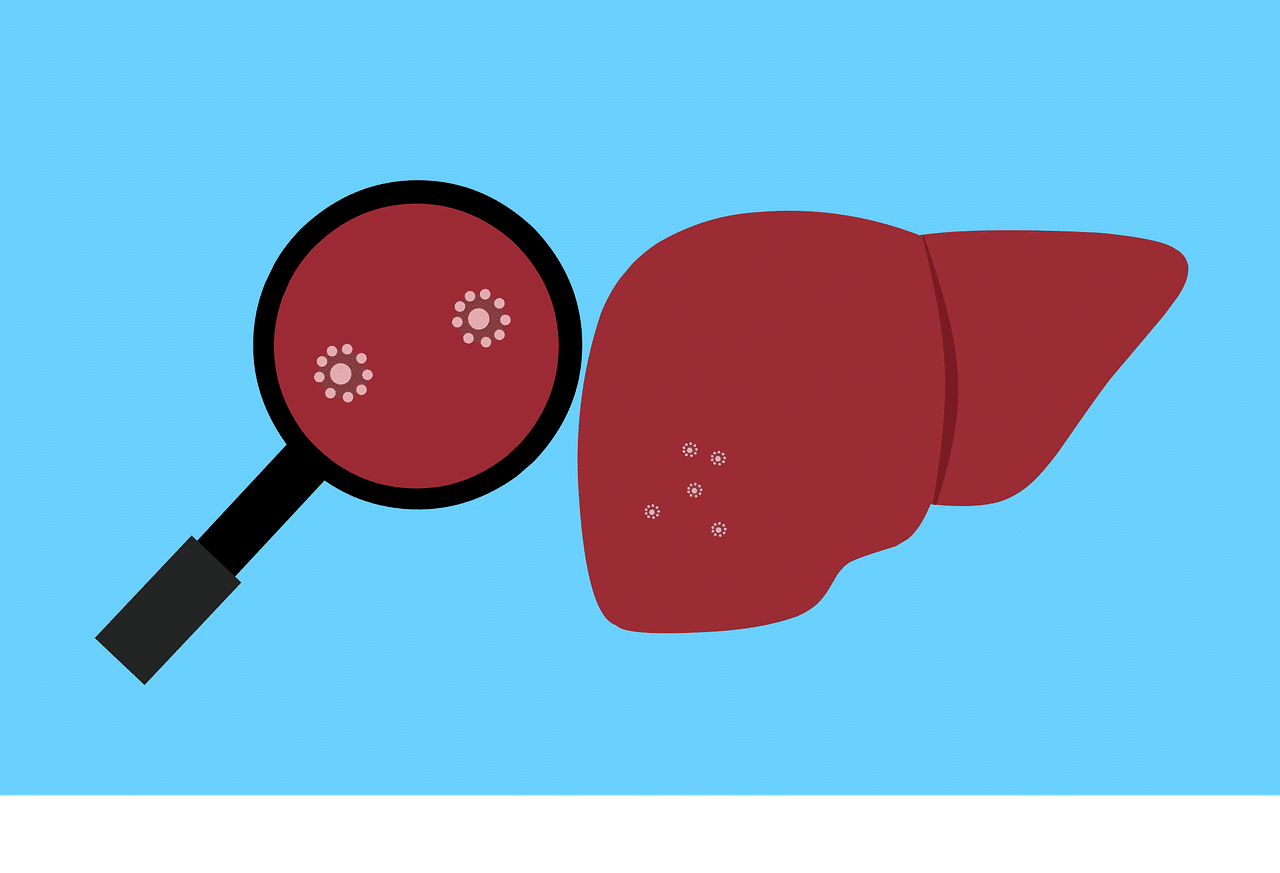Alcohol is a controversial beverage and pregnant women are not recommended to drink as it may cause developmental disorders in the baby. There is no ‘safe’ limit to consume alcohol while you are pregnant but a new study highlights how heavy drinking can negatively affect the chances of a pregnancy. It suggests that women who want to conceive should restrict or put a limit on their alcohol intake to protect their pregnancy chances.
The complete findings are published in the journal Human Reproduction, one of the top medicinal journals publishing the latest updates on reproductive health.
This study investigates the link between alcohol and fecundability in a woman, meaning her chances to get pregnant during one complete menstrual cycle. This is the first study that has tried to understand the pregnancy chances as per different phases of the menstrual cycles in every woman.
According to the Centre for Disease Control and Prevention (CDC), a high amount of alcohol inside the mother’s body can make it to the baby using the umbilical cord that delivers food to the baby. Taking alcohol in pregnancy can lead to the increased risk of stillbirth, miscarriage, low birth rate, and a series of lifelong disabilities including behavioral, physical, and cognitive disabilities. Collectively these disabilities are given a name that is fetal alcohol spectrum disorders (FASDs).
Also read- Thousands Of Americans Don’t Understand the SPF Factor in Sunscreens
Under the supervision of Dr. Kira Taylor, from the School of Public Health and Information Sciences, a research team from the University of Louisville (Kentucky) worked on data obtained from the Women Office Workers study from Mount Sinai to evaluate their alcohol habits and fertility. Typically, women between 19 to 41 years of age were hired from the year 1990 to 1994 and they were followed for consecutive 19 menstrual cycles to gather data. All of them were asked to provide their details through a daily diary, reporting their intake of alcohol, and the type of alcohol they prefer. Further, these women gave their urine samples from the first two days of every menstrual cycle they experienced during this time, evaluating the risk of pregnancy.
The research team defined ‘heavy drinking’ as consuming six or more than six drinks in a week. The term ‘moderate drinking’ was used for taking between three to six alcoholic beverages every week, and the ‘binge drinking’ meant at least four or more drinks in one day. One drink was restricted to 335ml beer, or 148 ml wine, or 44ml spirits shots.
Risk factors that may potentially affect the chances to get pregnant for example age, obesity, birth control, smoking, and medical issues were also recorded. Based on all this information 413 women were selected to be a part of this current study.
Based on the results, heavy alcohol consumption during any part of one menstrual cycle lowered the chances to get pregnant compared to women who didn’t drink alcohol. This information is necessary for every woman because many times women don’t even realize what they have to do to get pregnant and a majority of them believe alcohol is restricted during pregnancy only and not during the conception period.
Also read- High Caffeine Intake May Cause Blindness And Other Eye Disease
Despite being the only study explaining the relationship between alcohol and fecundability, there are certain limitations of this study. First, not all the women who were a part of this study were interested to get pregnant. Secondly, the alcohol consumption trends have changed drastically and the data from 1994 is not much reliable. It is also believed that the drinking habits of women were probably under-reported and the effects of their partner were nowhere assessed during this time.
These findings do not say that alcohol can be used to prevent pregnancies. If a woman consumes alcohol in a high amount and proceed with unprotected sex, there are still chances that she can get pregnant. However, alcohol consumption can only ‘lower’ these chances, it does not end them.


